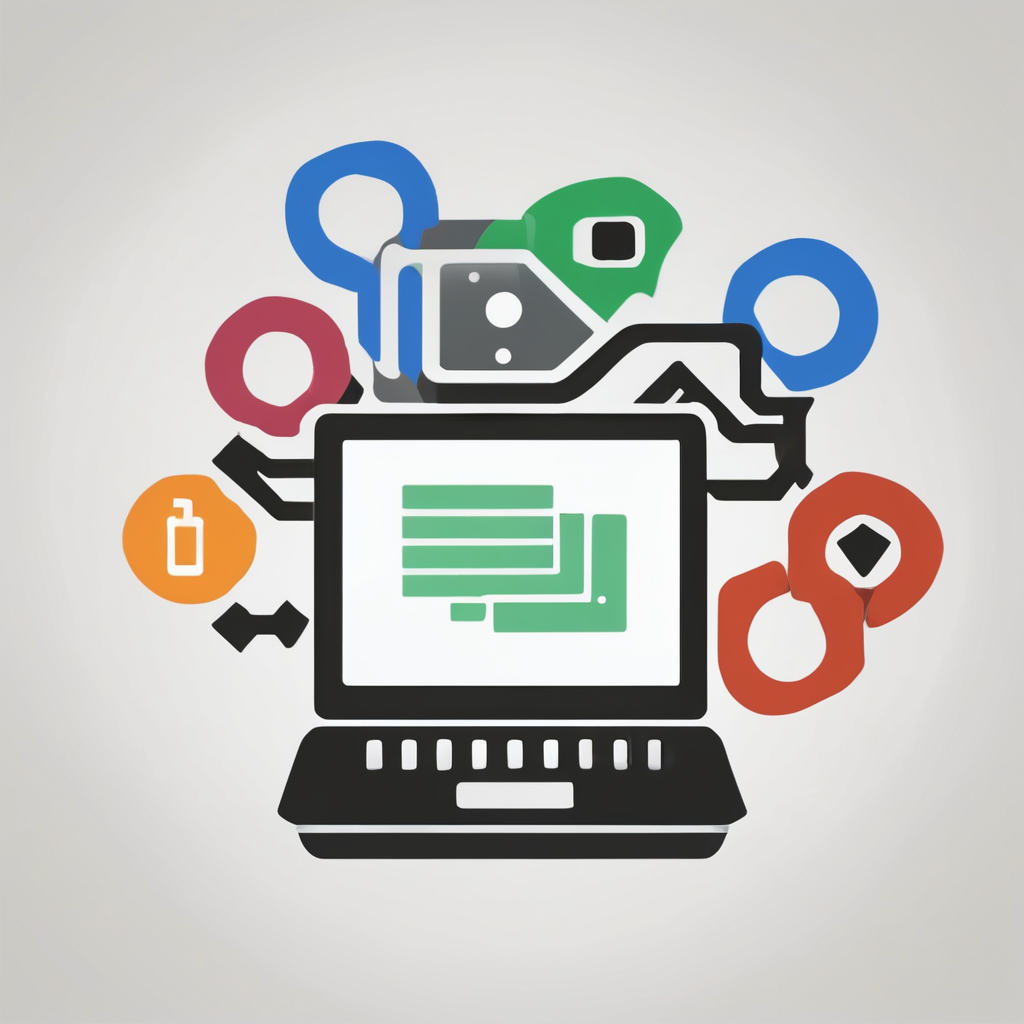Leading Technologies Shaping the Future of UK Computing
The UK computing landscape is rapidly evolving, driven by emerging technologies that are reshaping industries and services. Central to these are artificial intelligence (AI) and machine learning, fields where the UK is making significant advancements. Researchers and startups are developing AI algorithms that improve automation, data analysis, and personalized experiences, positioning the UK at the forefront of this technology trend.
Simultaneously, the rise of quantum computing research in the UK is attracting considerable attention. Both academic institutions and startups are exploring quantum technologies, which promise exponential improvements in processing power for complex computations. This promises revolutionary impacts on cryptography, drug discovery, and optimization problems, marking a pivotal technology trend in UK computing.
Have you seen this : How Can Emerging Technologies Impact the Future of UK High-Tech Industry?
Another key development is the proliferation of 5G networks combined with edge computing infrastructure. This synergy enables faster data processing closer to users, critical for smart cities, IoT devices, and real-time applications. The UK’s focus on deploying 5G solutions supports the scalability and low latency needed for future computing demands.
Together, these emerging technologies illustrate a dynamic UK computing environment, where innovation is driving practical solutions and new possibilities.
Topic to read : How Does High-Tech Impact the UK’s Computing Industry?
Impactful Applications and Real-World Case Studies
Exploring UK technology applications reveals a spectrum of practical uses that are reshaping industries. In healthcare, computing innovation drives patient diagnostics with AI-powered imaging tools, enabling early disease detection and personalized treatment plans. This application reduces costs while improving outcomes. Finance sectors leverage UK technology applications through advanced algorithms for fraud detection and real-time trading analysis, enhancing both security and efficiency.
Government sectors also benefit significantly. UK technology applications facilitate data-driven policymaking and streamline public services, making them more accessible and responsive to citizens’ needs. These advancements demonstrate computing innovation’s role in modern governance.
Real-world case studies from UK universities underscore this impact. Collaborative research alliances bring together academic expertise and industry resources, resulting in groundbreaking solutions such as predictive analytics tools and smart city technologies. For example, partnership initiatives between universities and tech firms lead to innovations that are scaled commercially, proving the strong connection between academic research and applied technology.
These examples highlight how UK technology applications not only address sector-specific challenges but also foster an ecosystem where computing innovation thrives, driving economic growth and societal progress.
Sectors Most Impacted by Emerging Computing Technologies
Emerging computing technologies are reshaping multiple sectors, with significant industry impact evident in healthcare, finance, and manufacturing. In healthcare, advanced data analytics and AI-driven diagnostics are enhancing patient outcomes while streamlining workflows. This trend exemplifies the increasing technology adoption driving operational improvements and cost efficiencies in critical areas.
The finance sector is also undergoing profound business transformation in the UK through automation, blockchain, and machine learning applications. These technologies enable faster transaction processing, better fraud detection, and more personalized financial services, offering competitive advantages to early adopters.
Manufacturing benefits from smart automation, predictive maintenance, and interconnected supply chains, reflecting widespread technology adoption for optimized operations. Such digital transformation requires considerable shifts in workforce skills. Industries are investing heavily in training programs to equip employees with competencies in AI, cloud computing, and cybersecurity, critical for sustaining innovation and growth.
Effectively, the fusion of emerging technologies is not only revolutionizing operational models but also prompting a necessary evolution in workforce capabilities to fully harness these advancements across the UK’s major sectors.
Expert Insights, Opinions, and Authority Reports
Understanding the evolving UK computing landscape benefits greatly from expert opinions and authoritative reports. UK technology leaders emphasize the importance of fostering innovation while addressing cybersecurity and data privacy concerns. These perspectives guide policymakers’ decisions and industry strategies alike, shaping a balanced approach that promotes technological growth and public trust.
Leading UK think tanks publish detailed industry analysis highlighting trends such as the rise of AI integration and cloud adoption. For instance, recent market forecasts project steady growth in UK computing sectors, driven by increased investment in digital infrastructure and skills development. Such reports offer invaluable insight for businesses evaluating future opportunities and challenges.
Authoritative studies provide context on pressing issues, such as the impact of regulation on digital markets. They promote transparency and grounded decision-making. Engaging with these resources equips stakeholders with reliable data and nuanced viewpoints, enabling informed participation in the UK’s fast-moving technology ecosystem.
For those seeking comprehensive research and expert studies, accessing reputable UK technology think tank materials offers a well-rounded foundation of knowledge crucial for navigating today’s computing industry complexities.



